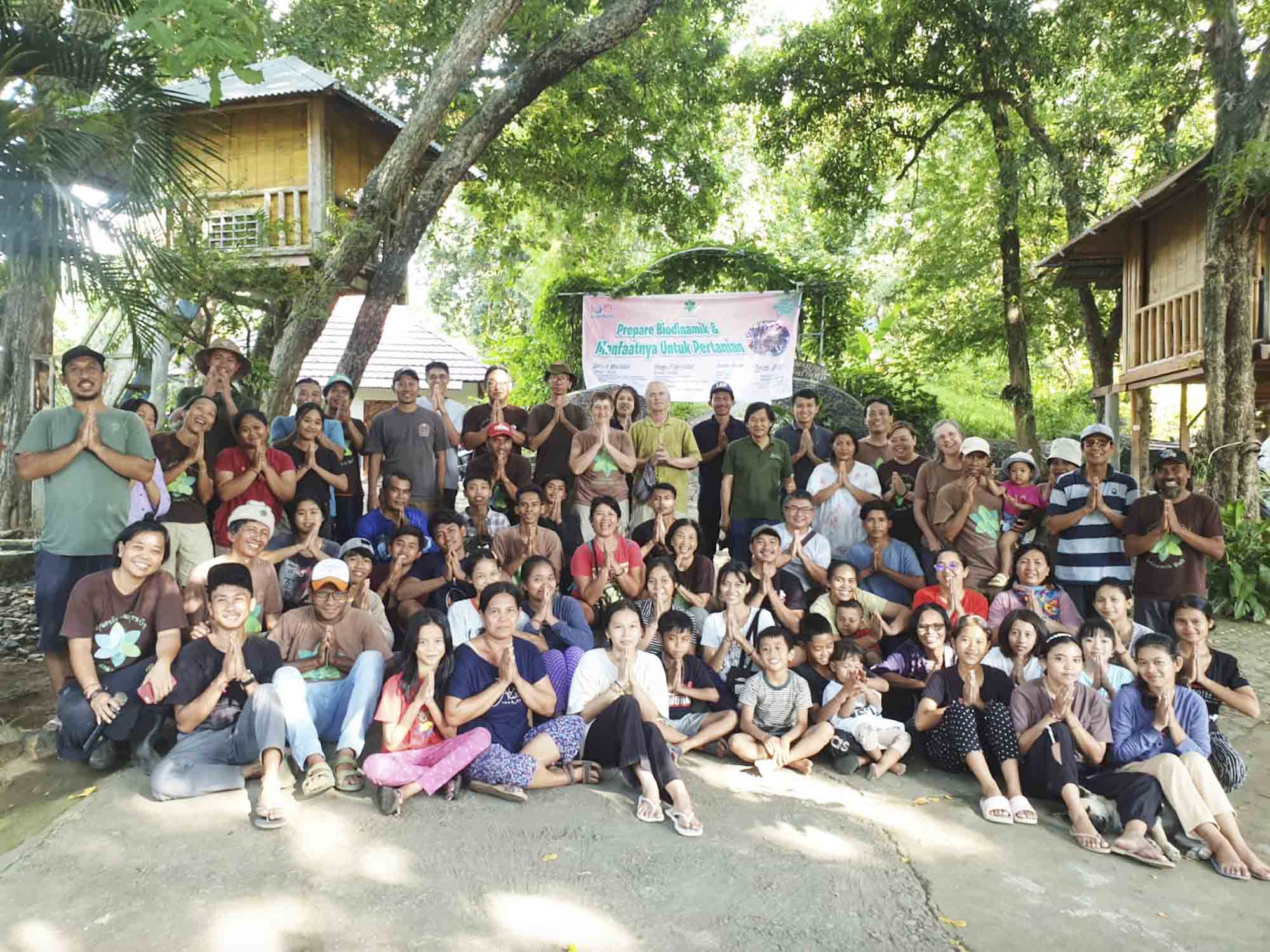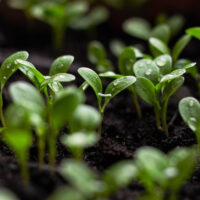Denpasar, Indonesia. Biodynamic agriculture first arrived on the Indonesian island of Bali in 2019. Since that initial impulse, a committed community has formed. An interview with Etha Widiyanto from Biodynamic Bali.
What does biodynamic agriculture look like in Bali?
In October 2022, some of our members participated in the Asia-Pacific Biodynamic Conference in Malaysia. Since then, we have given many introductory courses and several workshops on making biodynamic preparations for local farmers. For example, we use cow horns and cow manure from the region to produce horn manure. This makes it easy for local farmers to adopt practices such as the preparation 500. As they are used to religious rituals in their daily lives, it is natural for them to integrate these practices into their farming methods. The principles of biodynamics are in line with the Hindu philosophy of maintaining harmony between the divine, nature, and humans and recognizing the interconnectedness of microcosm and macrocosm.
Biodynamics came to Bali for the first time in 2019. What was the reaction of the local population?
The first biodynamic meeting in Bali was attended not only by locals but also by people from other islands in the archipelago and from Malaysia. This diverse group showed that awareness and curiosity about biodynamics are growing, especially among those interested in sustainable agriculture beyond organic farming and those concerned about food quality. Although the term “biodynamic agriculture” may be new to farmers and communities in Bali, the underlying philosophy is closely linked to the traditional Balinese farming concept of “wariga”. This similarity to Balinese culture has made it easier for the locals to adopt biodynamic principles.
What do you hope for in the future of biodynamics in Indonesia?
Our goal is to build a strong foundation for the biodynamic community and encourage more farmers to adopt this agricultural approach. We are working on creating a national action plan to promote biodynamic farming methods on a larger scale. The benefits of biodynamic agriculture, such as the regeneration of soil and biodiversity, will not only benefit farmers but also the wider community. Our efforts today will make a major contribution to a healthier environment and a better quality of life for our future generations.
Contact biodynamicbali@gmail.com
Translation Charles Cross
Photo Yohan Tedjaprawira





